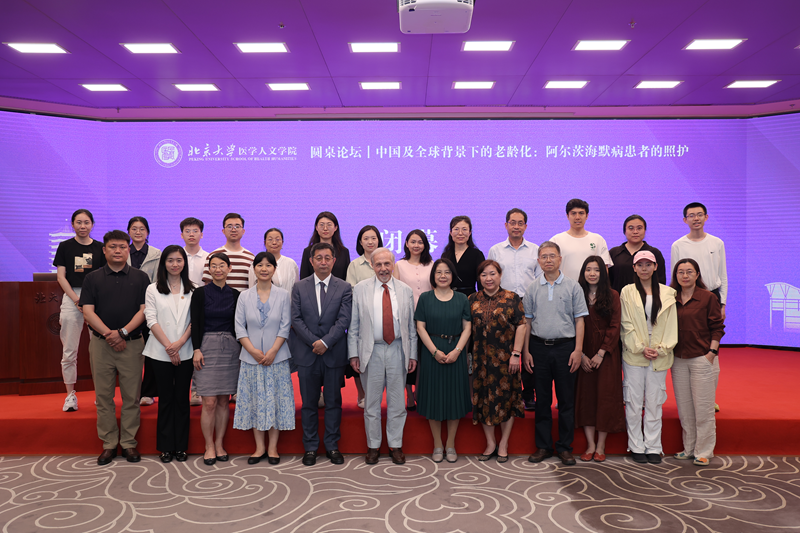Roundtable Discussion on "Ageing in the Chinese and Global Context: Caring for People with Alzheimer's Disease"
On 28 May 2025, a roundtable discussion on "Ageing in the Chinese and Global Contexts: Caring for People with Alzheimer's Disease" was held by the School of Health Humanities Peking University, at Lecture Hall 209 of the Shaw Building, PKUHSC. The keynote speaker was professor Arthur Kleinman, renowned expert in Psychiatry and Medical Anthropology at Harvard Medical School, Director of the Social Technology for Global Aging Research Initiative at Harvard, and member of both the U.S. National Academy of Medicine and the American Academy of Arts and Sciences. Experts and scholars from academia, healthcare institutions, and elderly care organisations gathered to offer insights and recommendations for advancing Alzheimer's disease care.
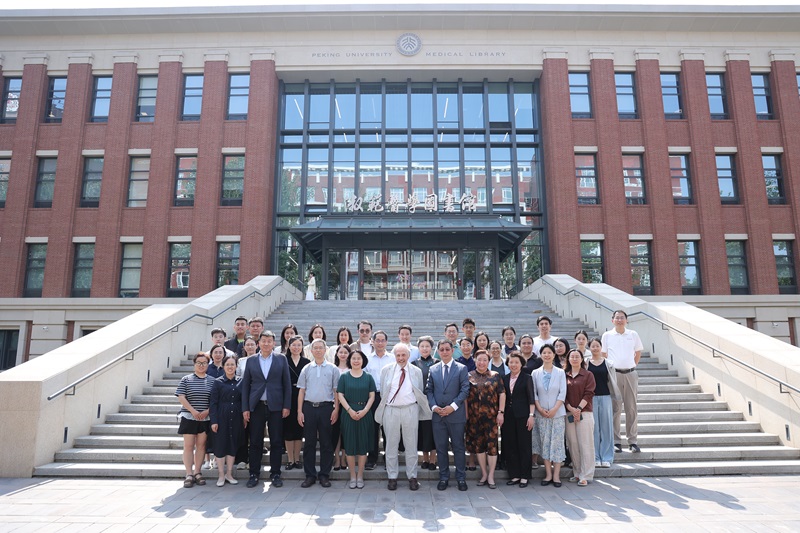
The opening ceremony was hosted by Professor Guo Liping, Dean of the School of Health Humanities, who emphasized the importance of Alzheimer's disease care in the context of an aging society and expressed hope that this forum would foster discussions on the current situation, challenges, and future directions for Alzheimer's disease care.
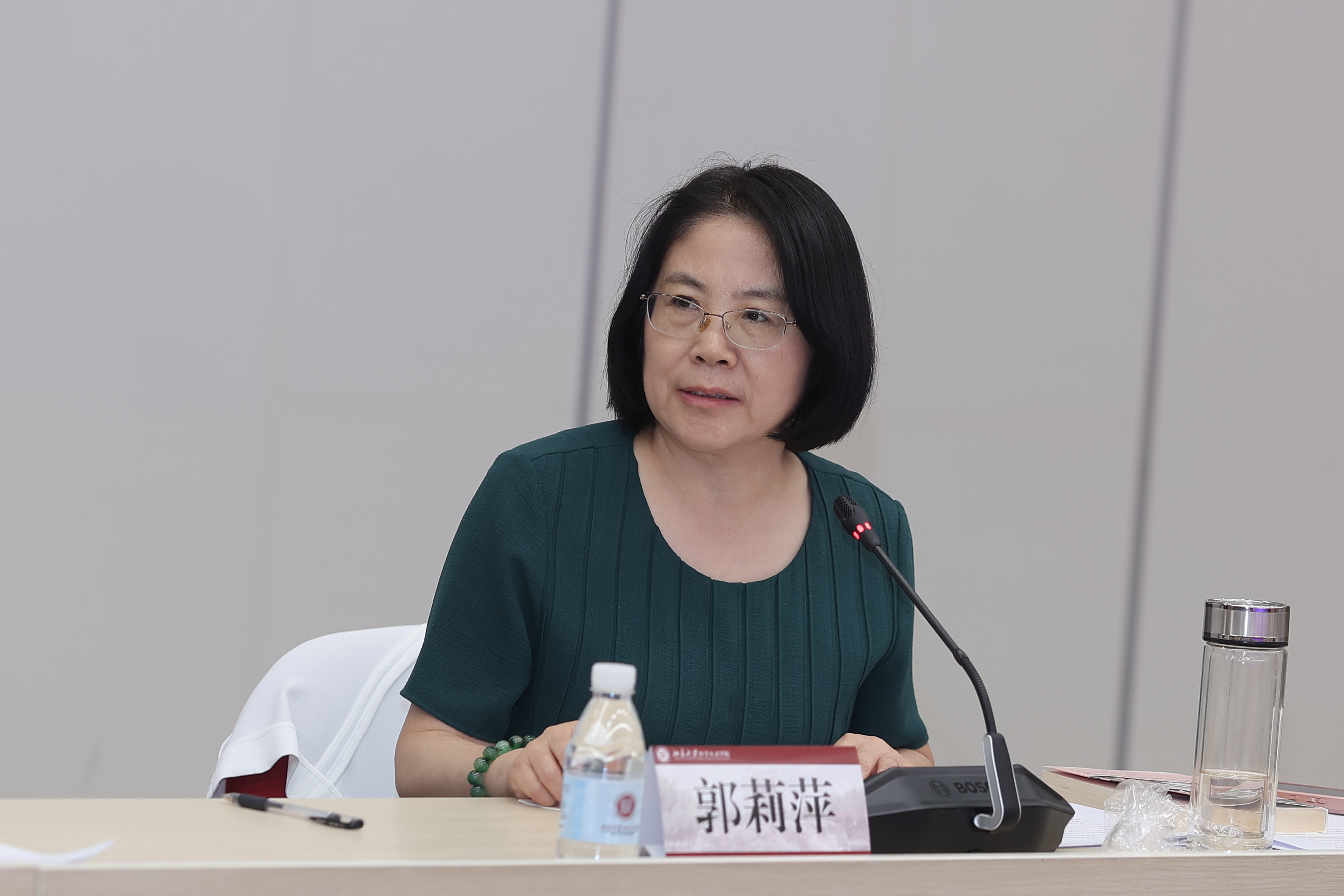
Professor Arthur Kleinman delivered an inspiring opening address entitled “Care for Memories: The Anthropology of Aging, Dementia, and Death.”
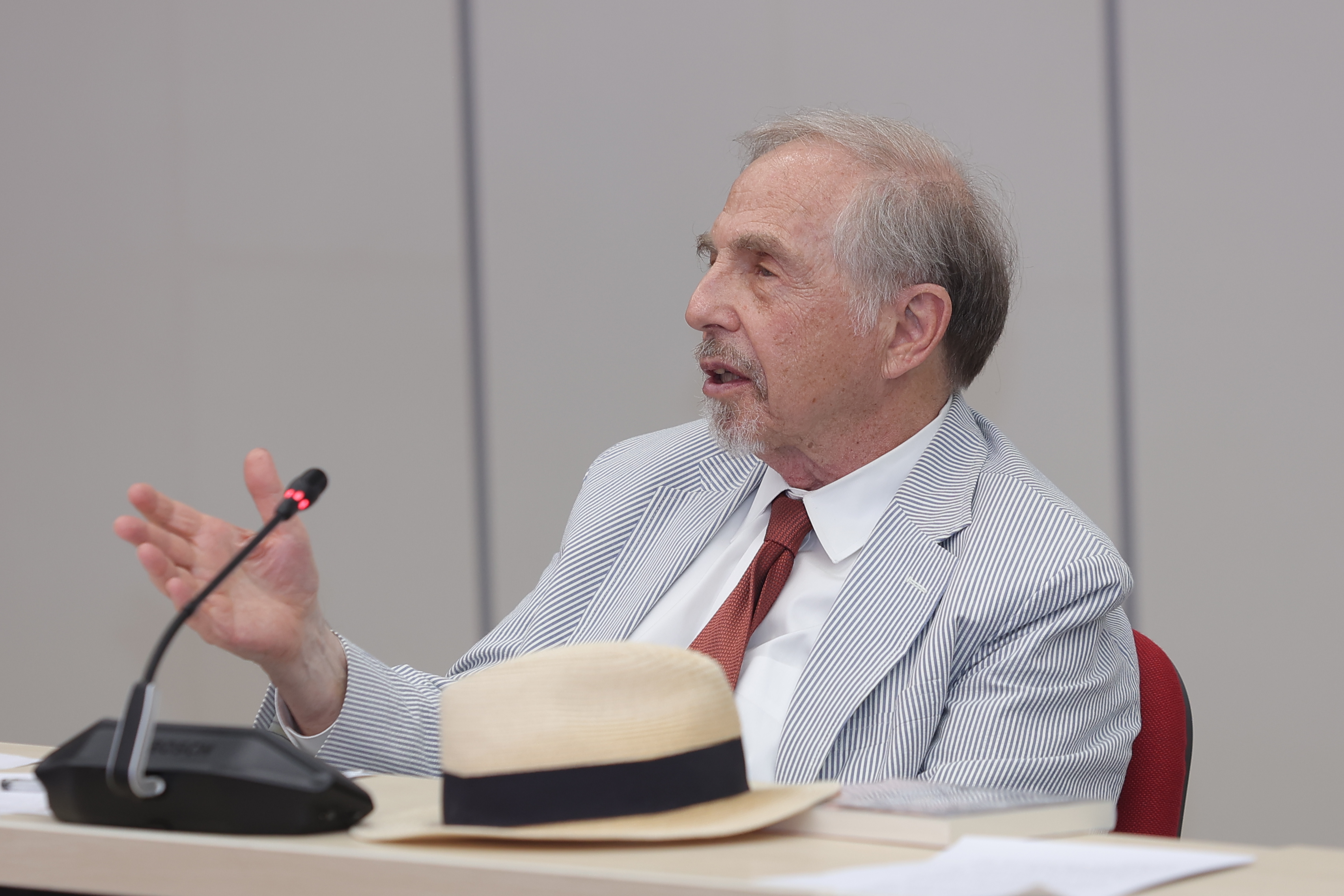
I. Academic Trajectory: Reconstructing Health Humanities Through Illness Narratives
In his keynote speech titled Care for Memories: The Anthropology of Aging, Dementia, and Death, Professor Arthur Kleinman reflected on the core of his academic career. He highlighted his seminal work The Illness Narratives, which laid the theoretical foundation for medical anthropology by emphasizing the essential distinction between "disease" and "illness": while disease refers to pathological diagnoses from a medical perspective, illness encapsulates the patient and family’s lived experience and interpretation of symptoms.
Professor Kleinman also introduced the theory of explanatory models, arguing that there are structural differences in how physicians and patients understand illness. Moreover, he stressed that the essence of health humanities lies in attending to moral experience — how individuals interact with family, society, and value systems in the context of illness, a process often accompanied by tensions, such as the contradiction between the ideals of medical professionals and the realities of healthcare systems.
II. Defining and Understanding Care: From Individual Care to Collective Practice
Professor Kleinman redefined caregiving from a cross-cultural perspective, emphasizing that care is not merely about providing physical support, but also embodies emotional connection, moral responsibility, and social collaboration. Through the analysis of classical artworks — such as Rembrandt's Saskia in Bed — he illustrated that the "space of care" resides in human interactions, serving as a vessel for empathy, presence, and memory.
He further proposed four key dimensions of caregiving:
1. Structural Suffering: Social inequalities, including poverty and policy failures, directly contribute to health disparities and must be addressed through systemic change.
2. Reciprocity: The relationship between patients and caregivers — whether family members or healthcare providers — should be a dynamic, reciprocal interaction rather than a one-way, authority-driven model.
3. Cultural Scripts: Societal differences in the perception of illness stigma and caregiving ethics profoundly influence care practices.
4. Everyday Violence: The burdens of caregiving permeate daily life, as seen in the intertwining of self-monitoring and family strain experienced by those living with Alzheimer's disease.
Professor Kleinman also criticized the excessive pursuit of efficiency in healthcare systems, arguing that this undermines the empathetic connection between doctors and patients. He called for the integration of uncertainty communication into medical education to address this gap.
III. Harvard Practice: Applying Social Science and Technology to Address the Challenges of Aging
In response to the global aging crisis, Professor Kleinman shared Harvard Medical School's innovative practices. Inspired by European medical schools in countries such as Germany and the Netherlands, Harvard has implemented a pre-matriculation immersive care program in recent years. Before officially enrolling, incoming medical students are required to spend time in households of elderly or disabled individuals, participating in daily caregiving tasks such as feeding and toileting. This initiative confronts students with the social and emotional complexities of illness and aims to reshape their medical sensibility, shifting their focus from purely technical proficiency to humanistic care.
Citing research data, Professor Kleinman pointed out that medical education in the United States faces a "counter-skilling" dilemma — senior students often demonstrate weaker humanistic care abilities than first-year students. To reverse this trend, Harvard has introduced reforms such as extended doctor-patient communication training and patient narrative courses.
Professor Kleinman emphasized that addressing the challenges of an aging society is not merely a technological issue — for instance, AI-assisted diagnosis has clear limitations — but fundamentally a matter of social reconstruction. He advocated for activating the caregiving potential of families and communities through social technologies such as intergenerational living arrangements and community-based mutual assistance.
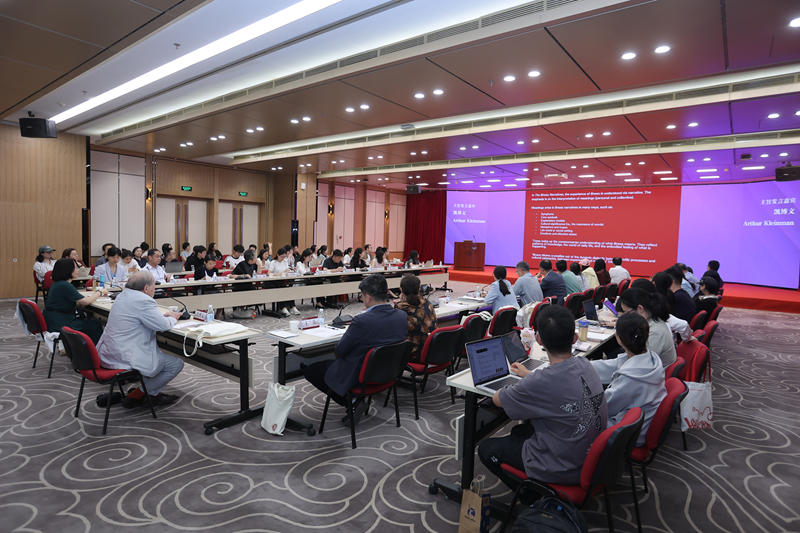
Afterwards, the roundtable discussion was moderated by Wang Yue and Chen Qi, vice deans of Peking University School of Health Humanities. Experts and scholars engaged in in-depth discussions around two key themes: “Clinical Experience and Integrated Eldercare” and “Family Care and Researcher Perspectives.” The forum aimed to explore collaborative approaches across medical, social, and humanistic fields to address the complex challenges of Alzheimer's care, bringing hope and support to patients and their families.
In the first theme, "Clinical Experience and Integrated Eldercare", experts approached the topic from various perspectives, including clinical practice, integration of medical and eldercare services, and talent training. Chen Hongtu, Co-Director of the Social Technology for Global Aging Research Initiative at Harvard University (STGA), and Wang Yuan, Coordinator of the initiative, shared their experiences on dementia care in Thailand and Harvard's multidisciplinary projects on geriatric care technology, respectively. Wei Yan, Chief Physician at Beijing Cancer Hospital, emphasized the importance of integrating medical services with eldercare to meet the complex needs of ageing populations.. Guo Guifang, Professor at Peking University School of Nursing and Fellow of the American Academy of Nursing, shared successful experiences of family support groups that empower caregivers to meet patients’ basic needs, thereby improving care quality. Wang Huali, Director of Clinical Research Department, Institute of Mental Health, Peking University, introduced strategies for providing continuous, comprehensive support throughout the course of Alzheimer's disease. Xing Menya, Deputy Chief Physician at Tianjin Medical University General Hospital, introduced Tianjin's holistic care system encompassing prevention, screening, diagnosis, treatment, and rehabilitation. Jin Jing, Director of the Elderly Social Science and Technology Innovation Centre of the Yangtze River Delta National Innovation Centre, discussed innovative approaches to Alzheimer's care from a science and technology perspective. Chen Si, Deputy General Manager of Chunxuanmao Elderly Operation and Management Co., Ltd, and Zhao Dapeng, Director of Dementia Care, shared unique institutional experiences in caring for Alzheimer's patients in elderly care facilities.
The second session focused on perspectives from sociology, philosophy, and public policy.
Hu Yong, Professor at the School of Journalism and Communication, Peking University, emphasized the need to elevate Alzheimer's care from a private concern to a public issue. Wu Fei, Professor at the Department of Philosophy, Peking University, highlighted the irreplaceable role of family caregiving and the complementary potential of social and AI-based care. Xu Jiajun, Tenured Associate Professor at the School of Health Humanities, Peking University, shared insights on the role of public development finance in building an inclusive eldercare system for people with dementia. Xinyi Zhao, Assistant Professor at the School of Health Humanities, Peking University, discussed the characteristics of family caregivers and shared policy support experiences from sociological and social work perspectives.
In his closing summary, Professor Kleinman emphasized that medical humanities education should be closely integrated with clinical practice. He recommended that after receiving basic clinical training, medical students should systematically engage in humanities education through approaches such as case studies, literary works, and philosophical reflection, thereby cultivating both caregiving competence and humanistic qualities.
“Caregiving is both an art and a science,” Professor Kleinman noted. “It demands passion and commitment at its core. Outstanding clinicians, like skilled artisans, continuously refine their caregiving abilities through constant learning and practice. Only by embedding humanism into routine medical care can we truly achieve comprehensive, patient-centered care that promotes health and well-being.”
Finally, Guo Liping concluded that participating in the forum felt like being immersed in a Harvard classroom. The interdisciplinary exchanges fully demonstrated the transformative power of narrative medicine in clinical settings. When patients’ lived experiences are incorporated into diagnostic and treatment guidelines, and when physician burnout is transformed into empathy training, medicine evolves into the true art of care.
The roundtable forum brought together experts and scholars from various disciplines for deep, diverse discussions on Alzheimer's disease care. It fostered intellectual exchange and practical exploration across different academic and professional backgrounds, strengthening collaboration in this critical field. The forum not only underscored the vital role of medical humanities in addressing the challenges of Alzheimer's care but also highlighted its positive impact in improving patients’ quality of life and alleviating the pressures on families and society. It has injected new momentum into building a more compassionate, comprehensive, and human-centered care system, contributing to the health and well-being of humanity.
